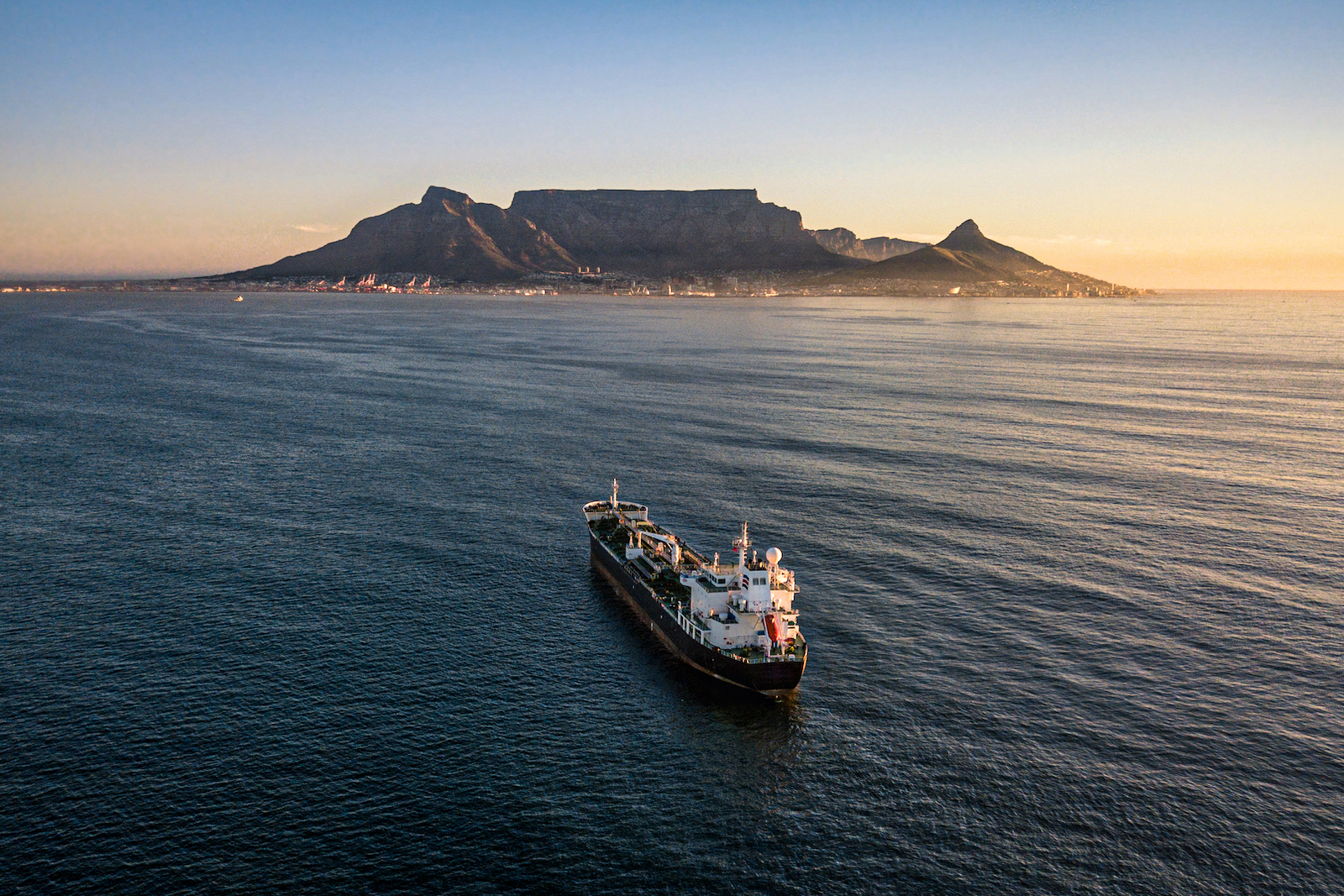
Africa Must Trade Smarter to Spur Growth
Africans, more than most, have been feeling the impact of soaring food and energy prices. On the back of COVID-19, the Ukraine crisis, and years of climate change, the continent of 1.4 billion people is now confronting famine and food shortages that will stall economic growth further.
This doesn’t have to be Africa’s future. To lock in economic growth and insulate itself against these types of crises in the coming decades, Africa must diversify its economies and exports. This is the conclusion of the Economic Development in Africa Report 2022 published last week by the UN Conference on Trade and Development (UNCTAD). UNCTAD argues convincingly that Africa’s overreliance on the export of raw materials and other unprocessed commodities leaves it more vulnerable to price shocks and detracts from its ability to fulfill its development potential.
UNCTAD’s solution is to focus on ‘high knowledge-intensive services,’ such as financial services, information technology, and communications, to improve access to financing and offer higher-value exports.
While there is no doubt that this would have a positive impact, it also has its problems. The focus on these types of services can be the foundation for economic competition and diversification with the right ingredients, such as knowledge transfer, technological efficiencies, etc. For many Africans who are less well educated, however, the opportunity is not in complex service offerings but in working in and improving industries they understand and have access to.
More specifically, this means using Africa’s resources better and trading smarter.
Africa’s access to resources has never been in question; the main issue has been the value that Africans themselves receive for them. According to UNCTAD, 83% of African countries are highly dependent on commodities, with these products accounting for over 60% of total merchandise exports.
It is the value of these exports that must be improved. Rather than exporting products in their raw, unprocessed, and less valuable forms, as is often the case, African nations must take control and push themselves up the value chain. Instead of selling crude oil, sell refined oil products like diesel; instead of cocoa, chocolate; instead of bauxite, alumina; instead of wheat, pasta. Not only does investing in processing and manufacturing capabilities create jobs, but it also has the double benefit of increasing the value of exports while reducing the reliance on imports.
Evidently, this is easier said than done – though many private companies are working hard to create the facilities and opportunities to process raw goods in Africa itself.
Aliko Dangote, Africa’s richest man, is constructing an oil refinery that will be able to process 650,000 bpd, providing a domestic supply of petrol and other fuels that Nigeria can use or export for itself. At a time of a global energy crisis, reducing the reliance on others is critical, not least for an energy superpower like Nigeria.
In Angola, the Carrinho Group in conjunction with Swiss trading house Paramount Energy and Commodities built a $500 million food processing facility that takes crops harvested locally or in the region and converts them into other products. This plant has meant that, for the first time, Angola has become a net exporter of certain food goods, creating value and jobs for thousands of local people.
In Rwanda, Solex Rwanda is building a factory for jewelry manufacturing, diamond and gemstone cutting, and polishing, making the most of the local abundance of raw minerals. The factory will be based in Kigali’s special economic zone set up to attract investors to support the government’s plan to make Rwanda the mining hub of Africa.
Projects like these are adding clear direct and indirect value to their host countries and benefiting from the burgeoning African Continental Free Trade Area, whose support for free trade and cutting of red tape makes both local and international commerce easier.
Governments can take concrete steps to attract foreign investors, as Angola evidently did with Paramount Energy and Commodities. Introducing measures like special economic zones, improving the rule of law, tackling corruption, and offering tax breaks for investors will not only attract capital but also expertise. With knowledge transfer such a critical aspect of Africa’s development, the benefits of combining external investors with local partners will be felt long after the initial projects have been set up.
There is an urgency to building up this resilience. As recent years have shown, famine and food shocks are only getting worse. Local humanitarian catastrophe and political instability often follow, which threatens not only people’s livelihoods but also the stability that allows countries to thrive and attract foreign investors and skills.
Using Africa’s resources better and trading smarter will offer countries resilience, opportunity, and income that can reinforce their reputation and encourage export diversity. By altering their position in the markets, African nations will be better placed to operate independently and with a renewed strength, making Africa a true partner in the global economy.
